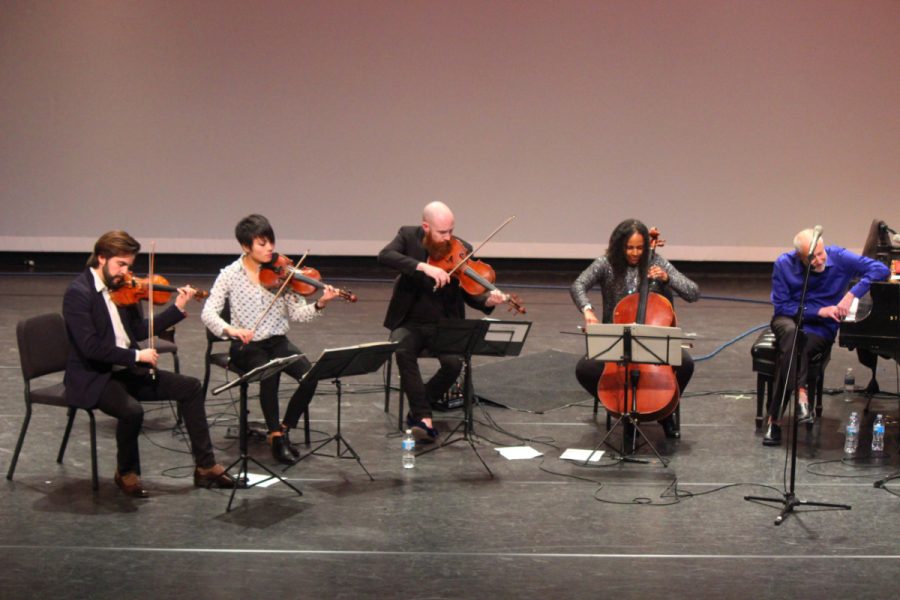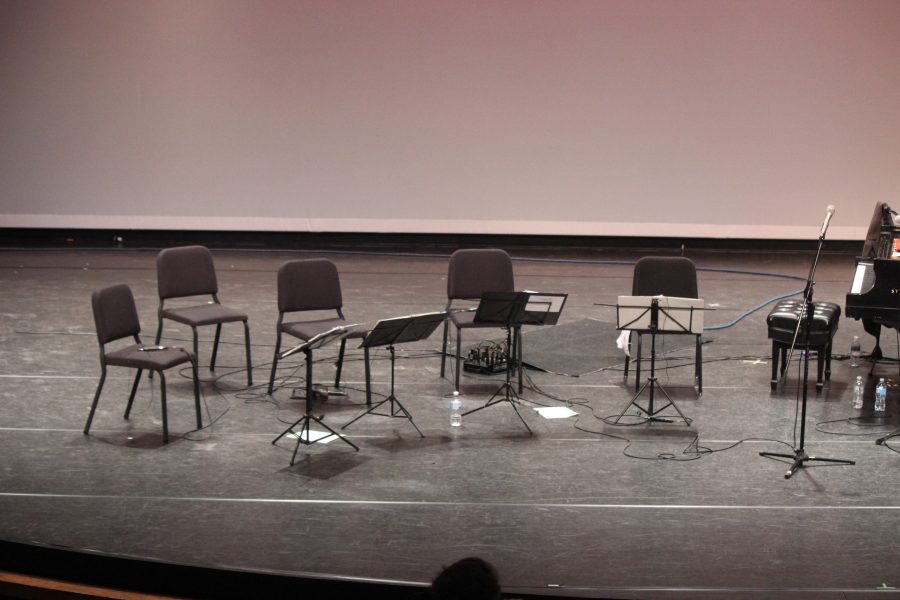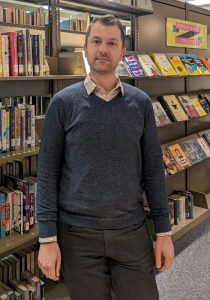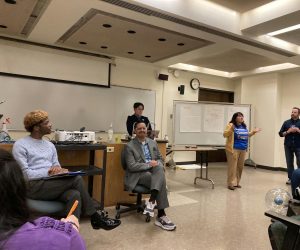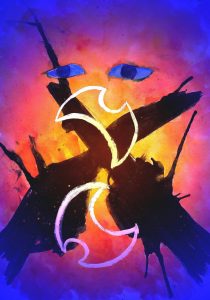Review: Chamber Blues at the Jewel Box
January 25, 2017
You can take the performer out of his blues, but you can’t take the blues out of the performer.
Such is the feeling from Corky Siegel and his Chamber Blues group as they performed on Jan. 13 in the Auditorium, packed with students and blues enthusiasts. The members of his touring group consist of NEIU string professor Jaime Gorgojo, violinist and Erhu player Chihsuan Yang, violist Dave Moss, cellist Jocelyn Butler-Shoulders, and guest percussionist Kalyan Pathak.
In playing Siegel’s compositions, which were mostly string ensemble pieces with elements of blues, the Chamber Blues group gorgeously accompanied Pathak’s mesmerizing beats and Siegel’s soulful harmonica playing, culminating in a performance that certainly must be heard to be believed.
Defying the thought that blues evokes a depressing mood, Siegel’s music is filled with uplifting moods and amusing but enlightening lyrics, from his message of unity and understanding in ‘One’ to the life and thoughts of a joyous vegetarian in ‘Idaho Potato Man’.
“The music came out of a lot of suffering from a lot of people, and so the music, like any music, is really meant to uplift people out of that,” Siegel said. “I think it’s a misunderstanding that blues is sad music; I think there is some sad music, but mostly the lyrics in the blues are fun if you think about all the blues songs.”
In rehearsals with the Chamber Blues group, Siegel looks for a special blend of improvisation and energy in his performers, especially with the use of their classical training in mind.
“The thing that attracts me to him the most is this kind of bridge between classical music and everything else,” Moss stated. “I think as we look at the arts, we see a need for a gateway into the art of classical music, and I find that with Corky’s music, someone who has been a fan of the blues their entire life.”
Siegel built the core sound of his music and group since 1988, but the idea of combining classical music and blues came to him two decades prior to forming the group.
“The idea of bringing blues and classical together was not mine, it was Seigi Ozawa’s, the conductor,” Siegel said. “He approached me in 1966 and said he wanted my band to play with his band, and his band was the Chicago Symphony.”
20 years after his introduction to classical performance with the Chicago Symphony Orchestra, Siegel mentored and shaped his group’s approach to their collaborations and rehearsals.
“Since then, we’ve started out fearless, and we’ve continued fearless,” Siegel recounted.
“I came from a very strict classical background, and I come from a historical performance mindset where the composer had something in mind and you adhere to that,” Moss said. “With this group, there is so much flexibility and there is so much creativity happening on the spot, and it comes out of the interaction between the musician, the audience, the venue and the collaboration.”
The group’s performance in the Jewel Box event shined, not only through the music, but with the humor and interaction with the audience. Each moment Siegel had the spotlight, a sense of sincerity and joy was present in the stories about his compositions, his on-the-spot humor and his showmanship on and off the stage.
“He’s got this brilliance and this virtuosic nature that he brings to the harmonica, but he’s such an eclectic performer that the intention behind the music is always there,” Moss stated. “Some people can have all the fireworks, but there’s not that soul behind it that Corky brings.”
Siegel stressed the importance of a listener’s openness to all music and the togetherness of the audience with that mentality.
“Music isn’t about genre any more than ice cream is about a particular flavor,” Siegel said. “So if someone says to you ‘wanna go get some ice cream?’, you go ‘yes’, but when you go up and say ‘wanna go hear some music?’, you go ‘what kind?’; we want to get rid of the ‘what kind’ in music.”
“When you separate music, you separate people,” Siegel said.


